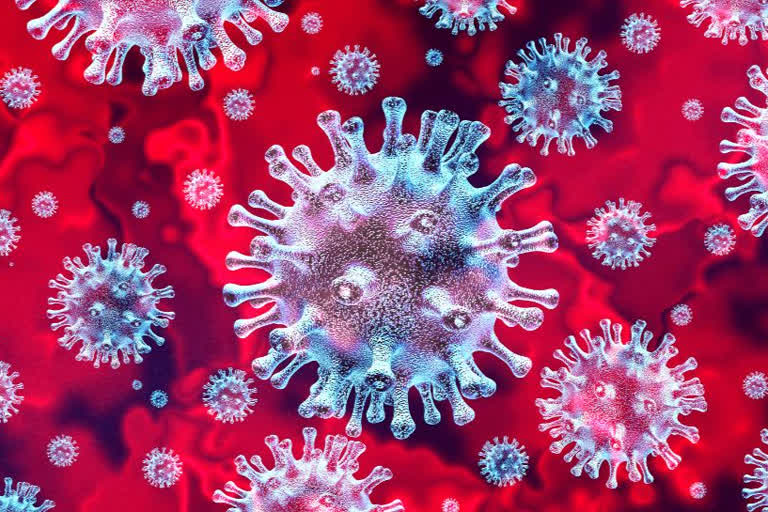Hyderabad: Early data from a clinical study suggest that blocking the Bruton tyrosine kinase (BTK) protein provided clinical benefit to a small group of patients with severe COVID-19. Researchers observed that the off-label use of the cancer drug acalabrutinib, a BTK inhibitor that is approved to treat several blood cancers, was associated with reduced respiratory distress and a reduction in the overactive immune response in most of the treated patients.
The findings were published June 5, 2020, in Science Immunology. The study was led by researchers in the Center for Cancer Research at the National Cancer Institute (NCI), in collaboration with researchers from the National Institute of Allergy and Infectious Diseases (NIAID), both part of the National Institutes of Health (NIH), as well as the U.S. Department of Defense’s Walter Reed National Military Medical Center, and four other hospitals nationally.
Also read:Himachal Pradesh: Farmers fear loss of income as govt plans to ban 27 pesticides
The BTK protein plays an important role in the normal immune system, including in macrophages, a type of innate immune cell that can cause inflammation by producing proteins known as cytokines. Cytokines act as chemical messengers that help to stimulate and direct the immune response. In some patients with severe COVID-19, a large amount of cytokines are released in the body all at once, causing the immune system to damage the function of organs such as the lungs, in addition to attacking the infection. This dangerous hyperinflammatory state is known as a “cytokine storm.” At present, there are no proven treatment strategies for this phase of the illness. The study was developed to test whether blocking the BTK protein with acalabrutinib would reduce inflammation and improve the clinical outcome for hospitalized patients with severe COVID-19.
Blood samples from patients in the study showed that levels of interleukin-6 (IL-6), a major cytokine associated with hyperinflammation in severe COVID-19, decreased after treatment with acalabrutinib. Counts of lymphocytes, a type of white blood cell, also rapidly improved in most patients. A low lymphocyte count has been associated with worse outcome for patients with severe COVID-19. The researchers also tested blood cells from patients with severe COVID-19 who were not in the study. In comparison with samples from healthy volunteers, they found that these patients with severe COVID-19 had higher activity of the BTK protein and greater production of IL-6. These findings suggest that acalabrutinib may have been effective because its target, BTK, is hyperactive in severe COVID-19 immune cells.
The results of this study were used to inform the trial design of the CALAVI (acalabrutinib) randomized, controlled clinical trial, sponsored by AstraZeneca, which will examine the safety and efficacy of acalabrutinib in patients with severe COVID-19.
